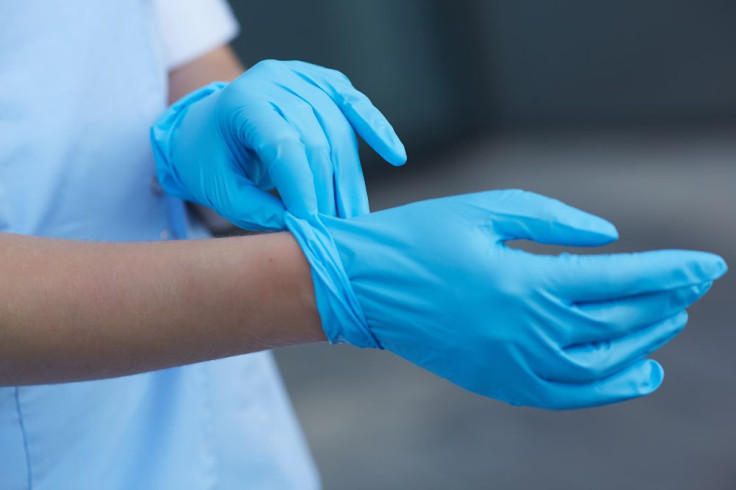Extragenital STD Testing Shows Gonorrhea, Chlamydia Prevalent Among Younger Women

As STD awareness month comes to a close, a forthcoming study from Johns Hopkins Medicine suggests women, gay men, and people with HIV should be regularly screened for gonorrhea and chlamydia — not just gay men and people with HIV.
The Centers for Disease Control and Prevention (CDC) advocates “STD testing is a basic part of staying healthy,” with gonorrhea and chlamydia both being treatable infections. But public health guidelines currently only recommend gay men and people with HIV be regularly tested “given the high burden of sexually transmitted infections in this at-risk population.” And at that, genital tests are the standard tests recommended to sexually active men and women. Extragenital tests, which check areas like the throat and rectum, occur less, perhaps due to their higher cost.
Yet, after researchers analyzed healthy records from more than 10,000 people (4,402 women, 5,218 heterosexual men and 769 gay men), they found the occurrence of gonorrhea and chlamydia in extragenital areas are significant in younger women. The respective rates of gonorrhea and chlamydia found in young women were 2.4 percent and 3.7 percent, while these respective rates in gay men were 18.9 percent and 11.8 percent.
If these men and women had simply received the standard genital tests, “nearly 14 percent of chlamydia infections and more than 30 percent of gonorrhea infections would have been missed,” Dr. Khalil Ghanem, study author and assistant professor of medicine at Johns Hopkins, said in a press release.
"… when these infections occur in extragenital areas, they are typically asymptomatic," added Joshua Trebach, a third-year med student at Johns Hopkins. "These types of infections pose a large and hidden public health threat, because they can be transmitted to unwitting sexual partners and form an active infection."
While gonorrhea and chlamydia are both treatable, they can cause long-term health problems if they go undetected. Both infections are prevalent among men and women between the ages 15 and 24, with genital and extragenital symptoms not always being obvious. If women with chlamydia don’t receive treatment, it may cause difficulty getting pregnant in the future.
"Cost-effectiveness analysis is an area we should definitely pursue," Ghanem said. "Young women in particular might benefit, as our analysis found that women who were 18 or younger had nearly fourfold increased odds of being diagnosed with an extragenital infection."
The CDC cited a 2014 study that found one-third of adolescents don’t talk about sexual health issues with their physicians during their annual visits — at all. Being honest with your health care provider is a way to ensure sexually active men and women of any age receive timely, appropriate tests in order to prevent any long-term health problems.
Source: Sexually Transmitted Diseases. 2015.
Published by Medicaldaily.com



























